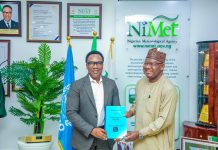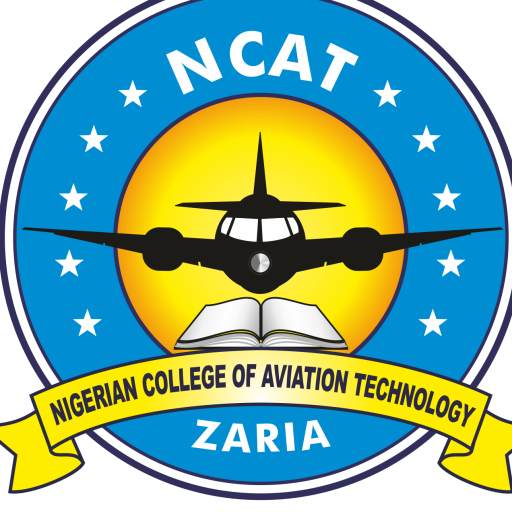Three years after enrolling at the Nigerian College of Aviation Technology (NCAT) in Zaria for an 18-month Airline Transport Pilot Licence (ATPL) course, the Standard Pilot 34 (SP 34) batch of students has yet to graduate, sparking confusion and frustration. These 16 students, admitted in 2021, are still awaiting completion of their program, significantly exceeding the expected duration.
Despite NCAT’s reputation for quality teaching and state-of-the-art equipment, graduates still face additional hurdles when seeking international employment. Graduates must complete additional exams from the United States Federal Aviation Administration (FAA) or the European Union Aviation Safety Agency (EASA) to qualify for jobs in Europe or America. This lack of recognition of Nigerian Civil Aviation Authority (NCAA) certificates by international bodies has hampered graduates’ ability to work abroad without undergoing further training.
Further complicating matters, the delay in graduating the SP 34 class has postponed the admission of the next cohort, SP 35, for over a year. The initial tuition fee of N7.5 million for the SP 34 students has now skyrocketed to N22 million for new students, adding to concerns about the college’s operations.
Some students, speaking anonymously, expressed disappointment at the prolonged delay. “We were admitted for an 18-month course, but three years later, we are still waiting to graduate. Our peers who studied abroad have completed their courses, some are already employed, but we are still stuck here,” one student lamented.
Sources within NCAT attribute the delays to multiple factors, including the impact of the COVID-19 pandemic, which disrupted global economies from 2020 to 2022. Additionally, NCAT has been providing recurrent training to industry professionals, including staff from the Nigerian Safety Investigation Bureau (NSIB) and air traffic controllers from the Nigerian Airspace Management Agency (NAMA), using the college’s limited aircraft fleet.
NCAT spokesperson Jude Amadi acknowledged the delays but assured that efforts are being made to address the issue, with plans for SP 34 to graduate by the end of 2024 or early 2025. He also refuted claims that the NCAA-issued pilot licenses were substandard, emphasizing that they are internationally recognized. However, he explained that pilots seeking employment in Europe or America must undergo FAA and EASA certification exams, similar to how international pilots seeking work in Nigeria must take NCAA exams.
Amadi noted, “The COVID-19 pandemic, along with the recurrent training of industry professionals, affected the progress of SP 34. We are prioritizing their graduation and expect them to complete their program soon.”
With SP 35 students now undergoing ground training, NCAT aims to clear the backlog and ensure a timely graduation for the delayed SP 34 batch.













